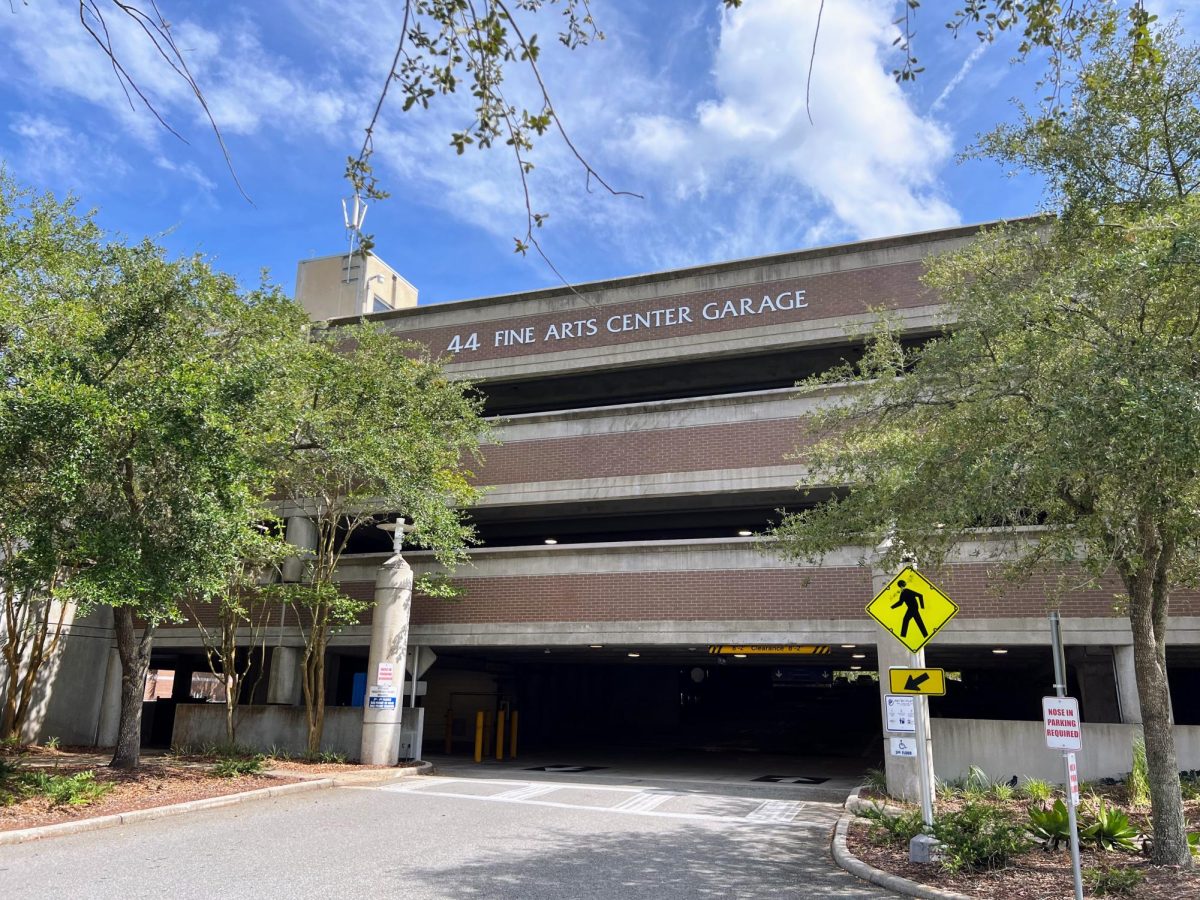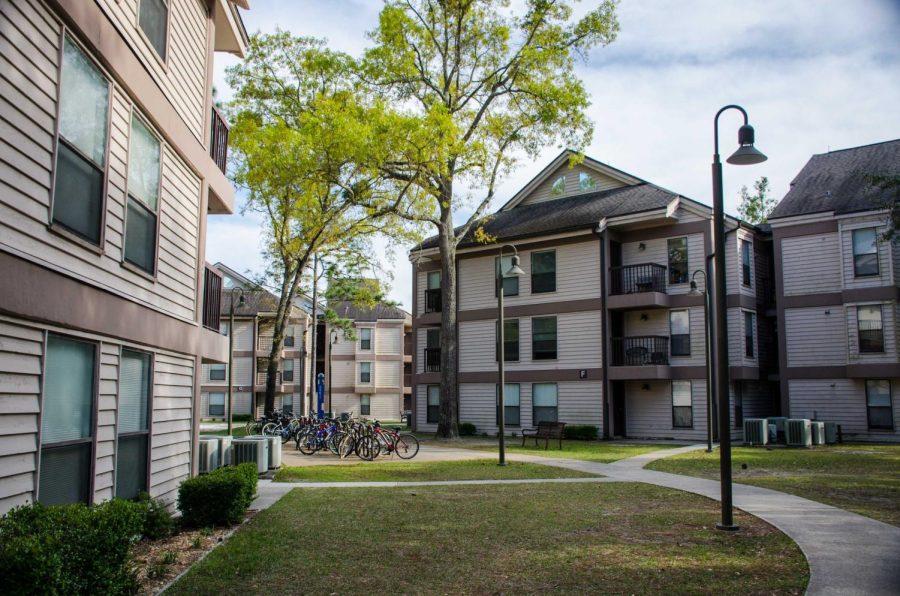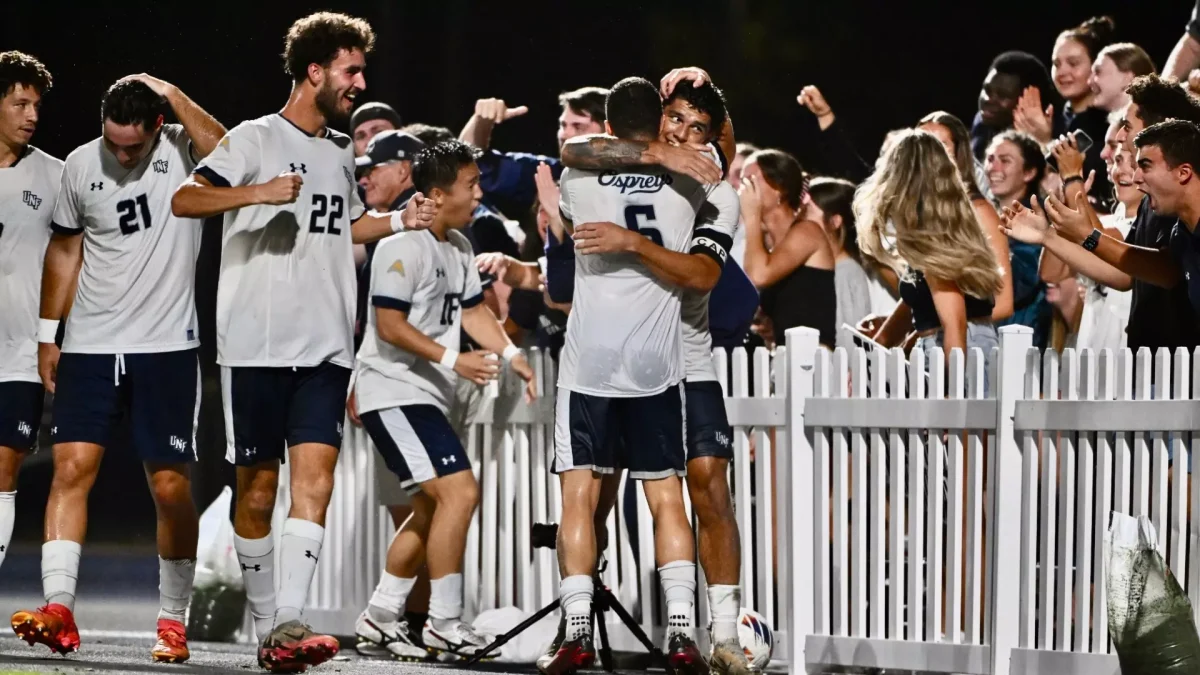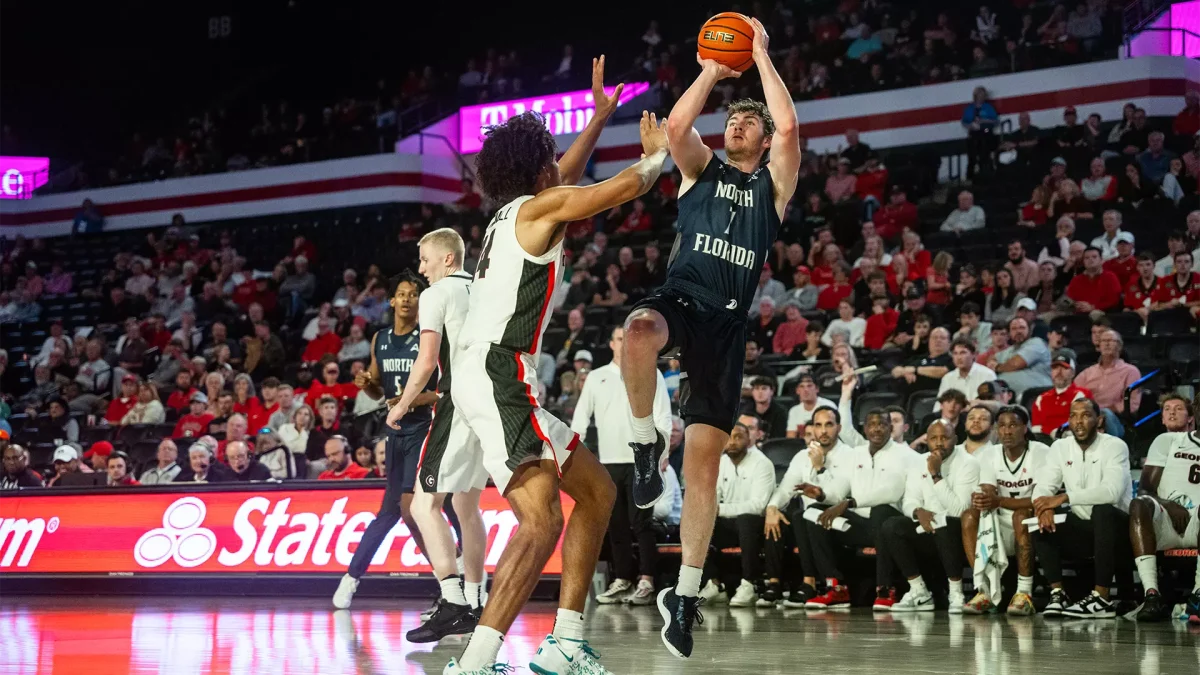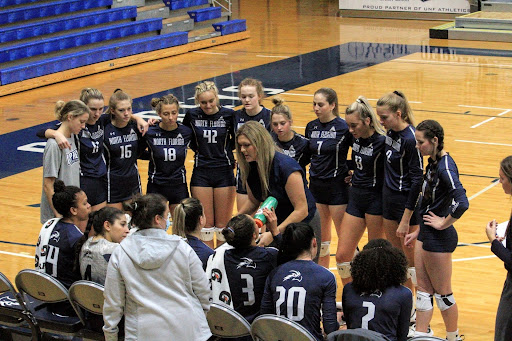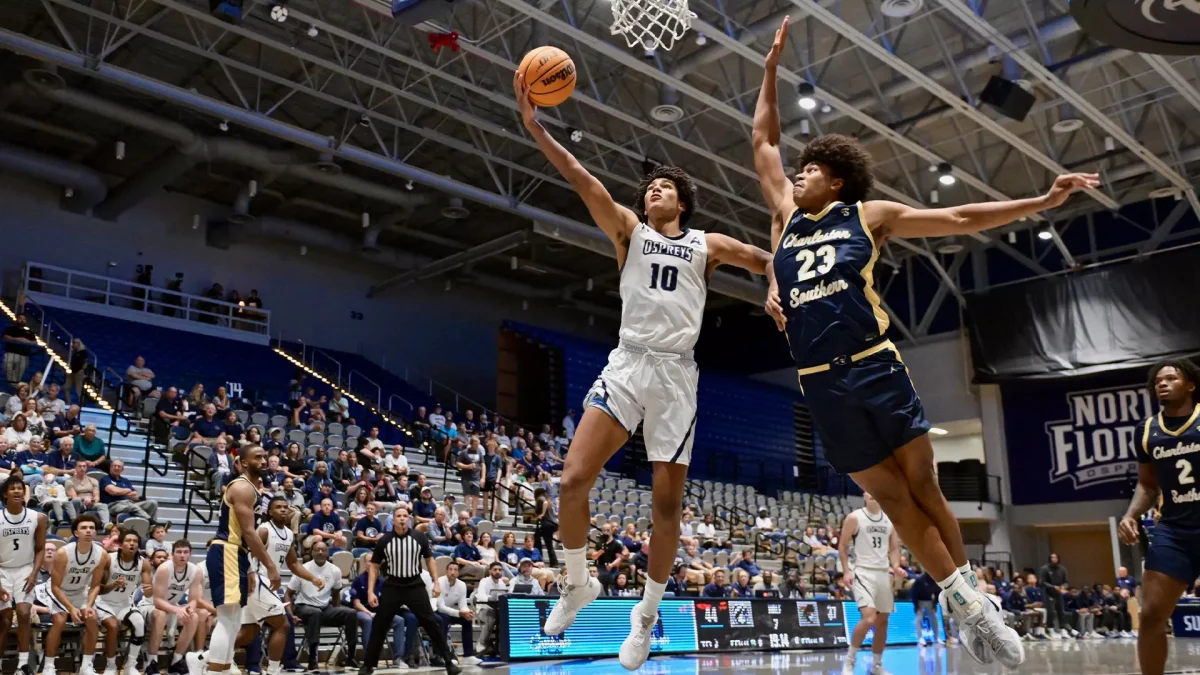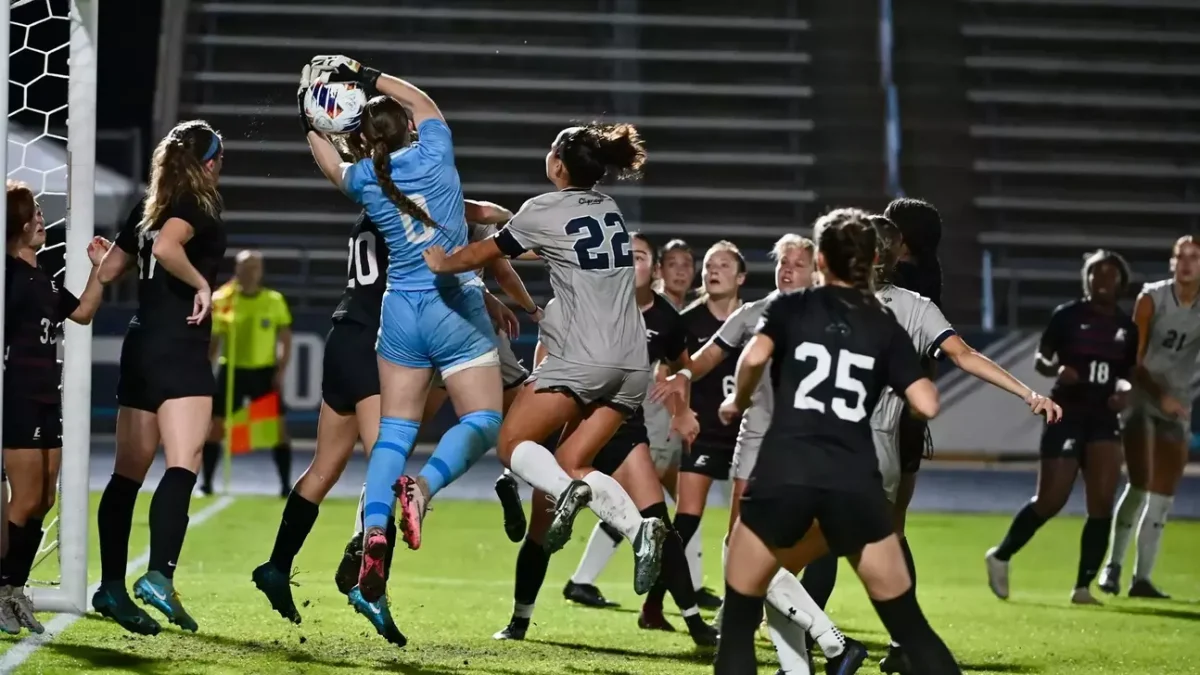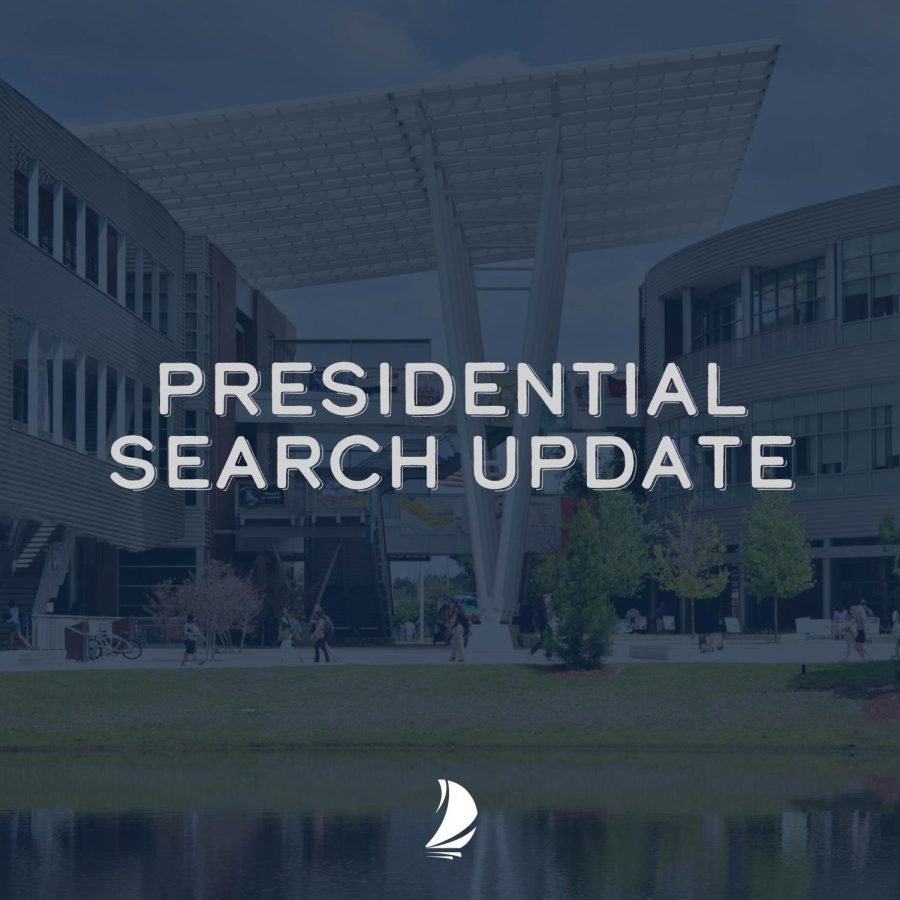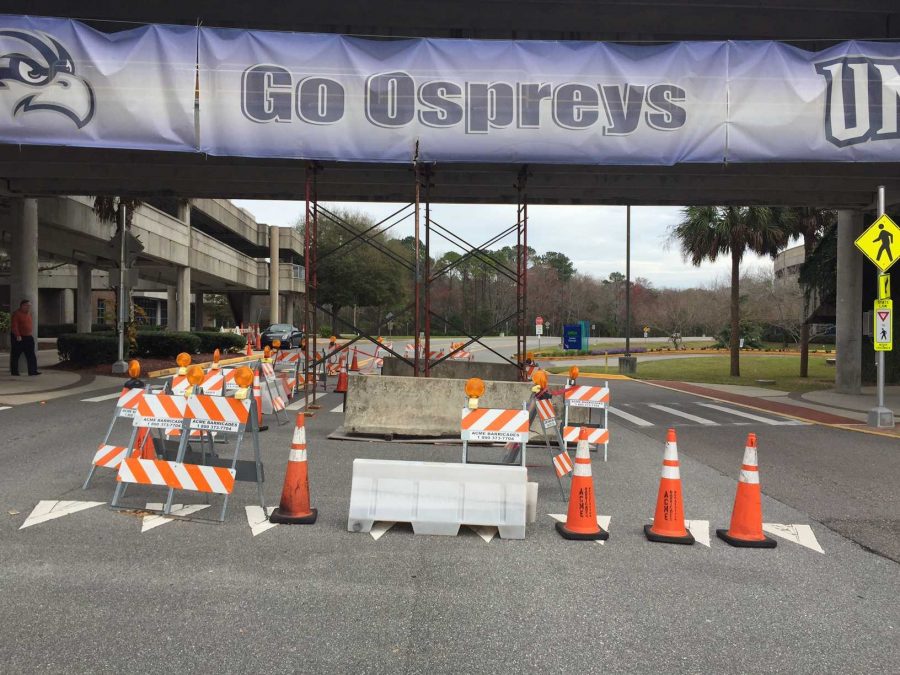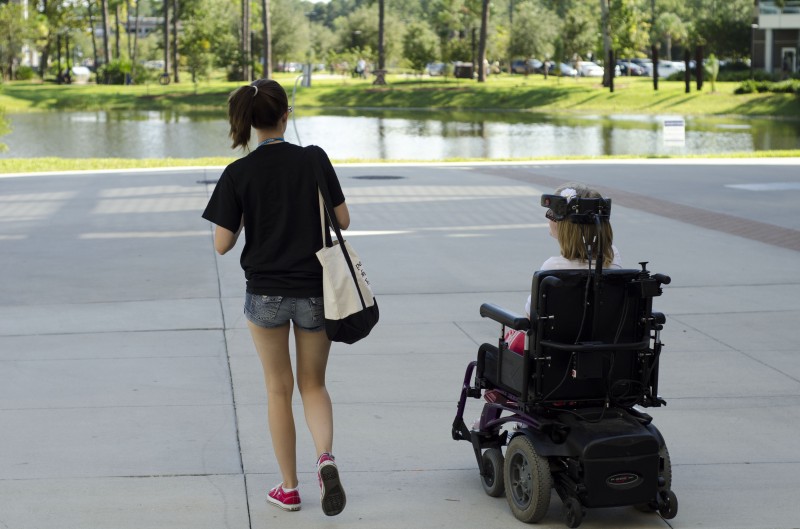
The UNF Disability Resource Center pairs students, such as Sara Gaver, with aides who help them with certain needs.
UNF didn’t say no to Sara Gaver despite her disability.
Instead, UNF said it would help find the resources needed for her to live on campus, Gaver said.
Gaver emailed all the universities in Florida and asked what services they would be willing to offer a student with a disability, she said. The majority replied back saying there was little services they could offer.
Gaver, a UNF secondary mathematics education freshman, was born with arthrogryposis multiplex congenita, which occurs in one out of 3,000 births, she said. Gaver uses a wheelchair to get around because she is missing muscles and joints in some places in her body.
There are other students like Gaver who find that they want to live on campus and have a regular college experience, said Susan Gregg, the education coordinator at the UNF Disability Resource Center. But living on campus for disabled students can be difficult and expensive, she said.
Gregg said last year was the first time UNF had a student living on campus with extensive disabilities. Now UNF has three living on campus.
What Gaver needs, but UNF does not offer, is a living assistant in the same dorm to take care of her dressing and personal hygiene, Gaver said. A living assistant is $60,000 a year without Medicaid or assistance from a federal program, she said.
Gaver said her best friend started a fundraiser for her online to have an assistant. She said the word got out through a Daytona newspaper and people started donating.The last time Gaver checked, the donations were over $4,000, she said.
Gaver said a Daytona business in held a Vera Bradley fundraiser for her. People brought their old Vera Bradley bags in to sell, and whatever money was made went directly to Gaver, she said. The fundraiser made more than $2,000 that day.
The DRC is going to help Gaver start a volunteer program where the students in the nursing program will help Gaver out during the day if an aid is not available, she said
The biggest thing that Gregg has seen improve in her eight years at UNF is the DRC’s ability to work with different entities on campus, Gregg said.
UNF Housing and the DRC sat down this summer with Gaver and went over all the student’s different needs, Gregg said. Gaver’s dorm needed to be adjusted with an extra room for her aid, and doors inside the room needed to be changed, she said.
All the desks in the classrooms are adjustable, Gaver said. The desks just need to be at least 2 feet tall, so Gaver can reach them, she said. There isn’t anywhere on campus that Gaver can’t access, and all the automatic buttons on the doors work, she said.
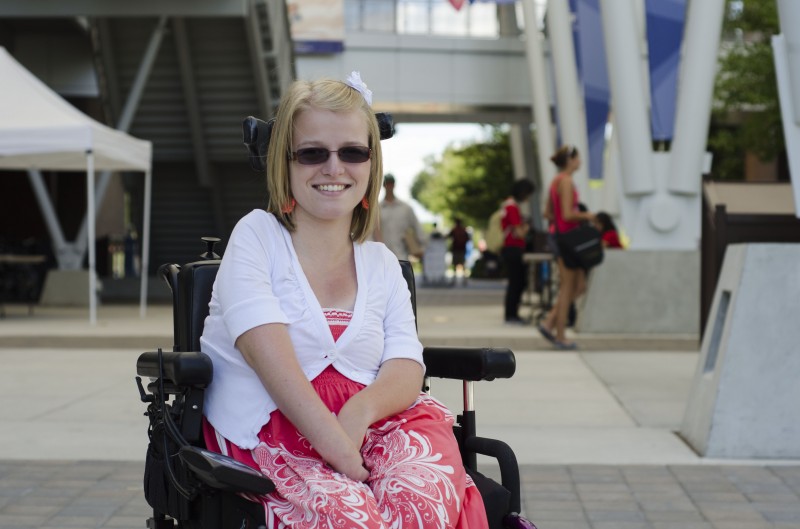
Gaver, a UNF secondary mathematics freshman, lives on campus and requires a living assistant — something UNF is unable to provide.
It’s really important to have everything on UNF’s campus physically accessible to all students, said Dr. Kristine Webb, a UNF professor and director of the DRC. She said UNF is not perfect yet, but the nice thing is when an issue is brought to the DRC’s attention, physical facilities’ attention, the Americans with Disabilities Act office or housing, UNF remedies it.
“It is done because we want everyone to feel included,” Webb said. “My biggest issue is that students with disabilities are and feel included and that people don’t see the wheelchair, the service dog or the cane first,” she said.
Gaver said her disorder has never stopped her from having a normal childhood because she has never known anything different. She graduated from Atlantic High School in Daytona Beach, as the senior class president, vice president of choir and also the president in the Glee Club.
And the three students living on campus with disabilities matches the students with disabilities population on campus.
Webb said UNF has had an amazing increase in people with disabilities. She’s been at UNF since 2006, and the numbers have tripled since the new DRC opened. She said UNF is thrilled to have more students with disabilities on campus. It’s thrilling because it’s exemplifying inclusion.
The center started with about 300 students, and now there are around 900 students on campus with a registered disability, Gregg said. The DRC offers extended test-taking time, note-takers and interpreters, she said.
And along with the influx of students with disabilities on campus, there is a new shuttle for mobile transit for those who have mobility disabilities, Webb said. Students have to call and make appointments for those shuttles to come and pick them up at an appointed time and to place and drop them off with as little inconvenience to the student as possible.
The mobility bus stemmed from concerns of the new shuttle route not stopping at the Library anymore. That was an important stop for students with a disability, Gregg said.
Email Bonnie Mulqueen at reporter5@unfspinnaker.com.


